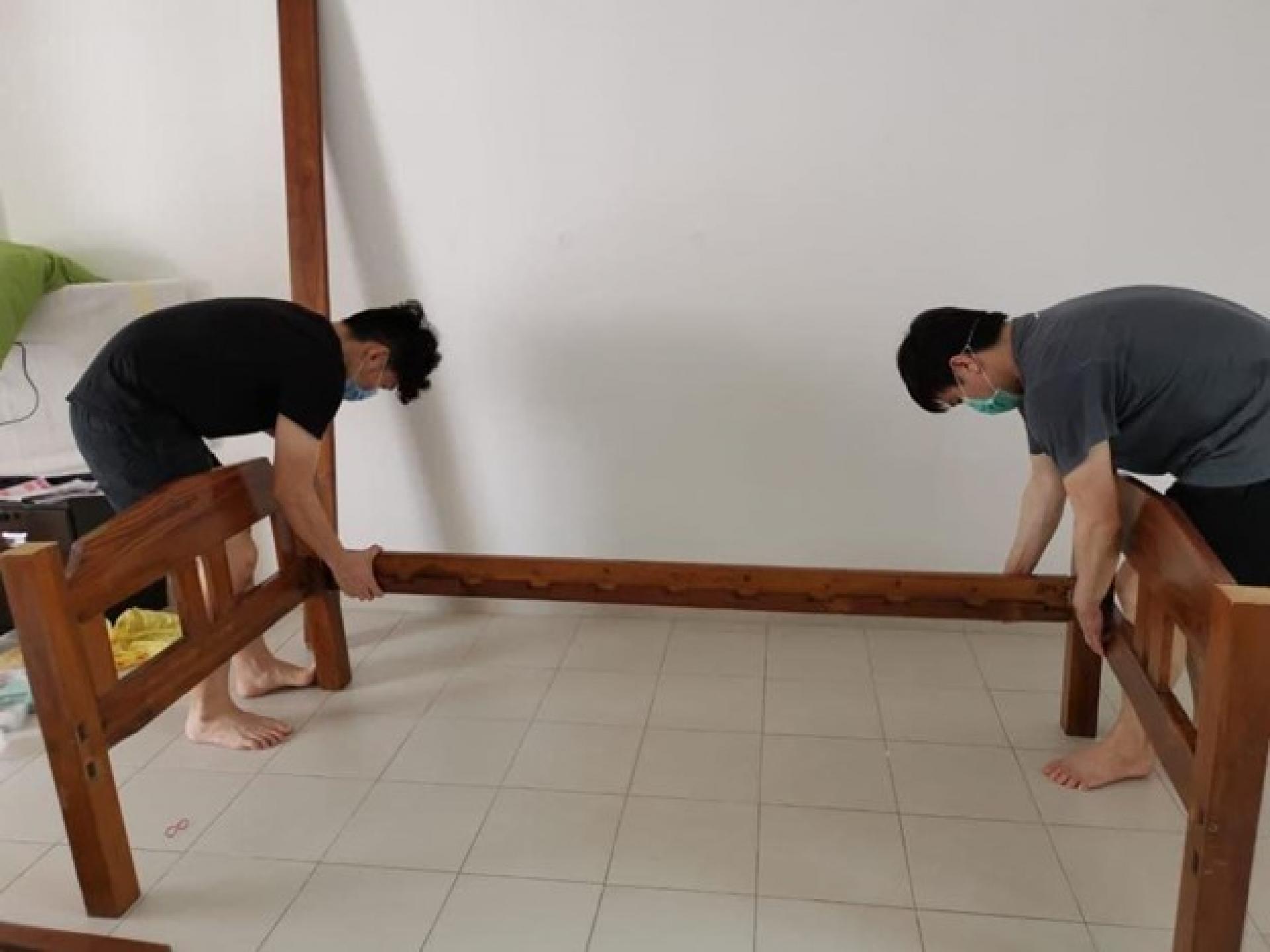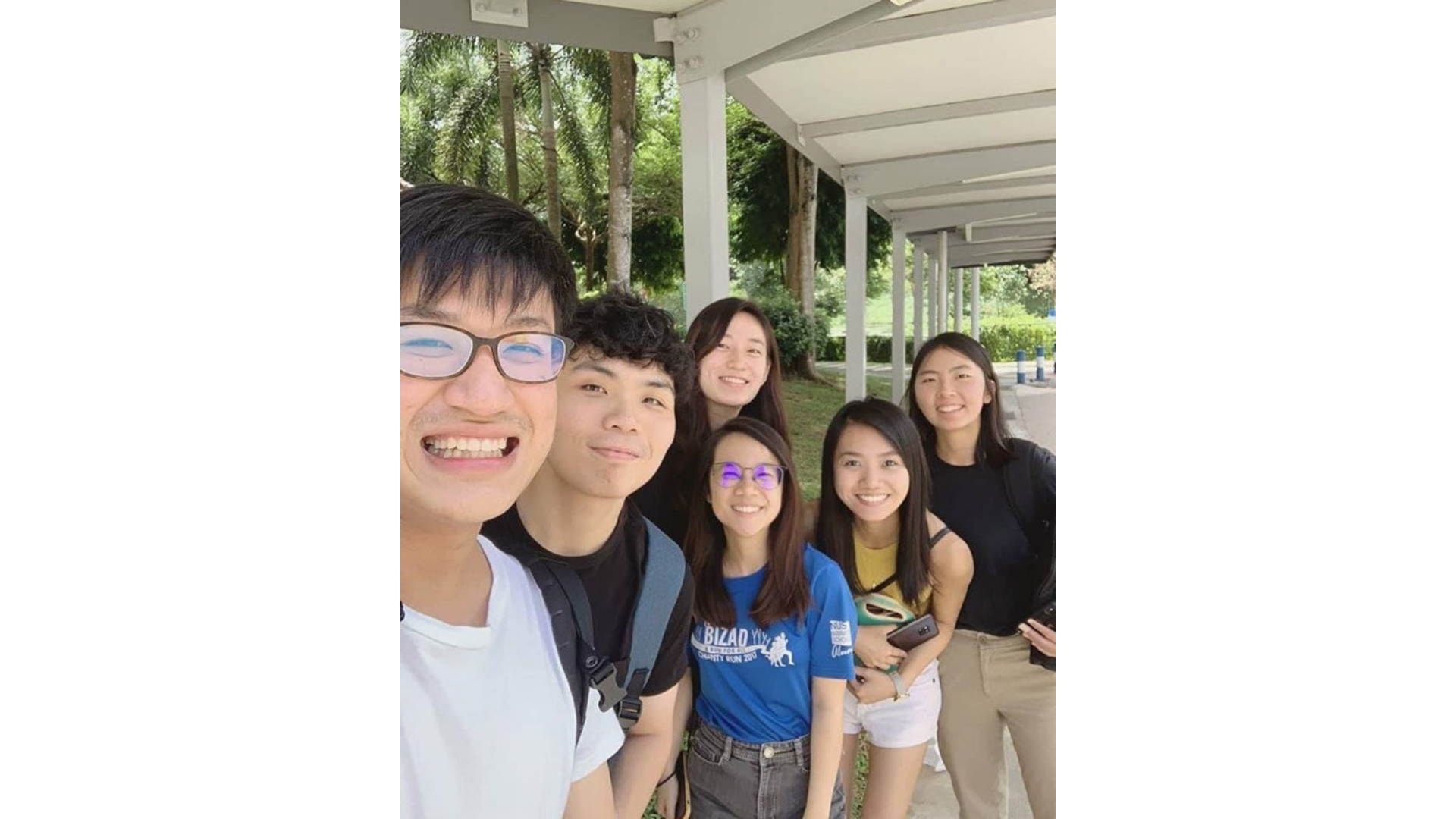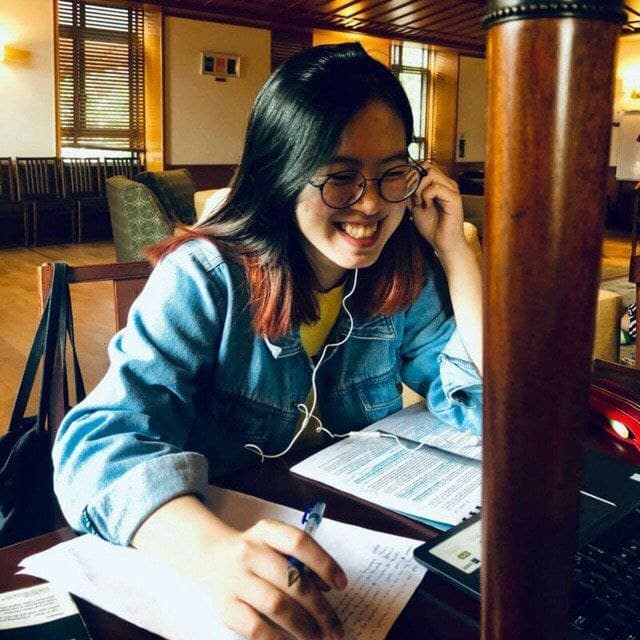Homeless Hearts of Singapore (HHOS) is a volunteer, non-profit organisation that is part of the Partners Engaging and Empowering Rough Sleepers (PEERS) network under the Ministry of Social and Family Development (MSF). Their mission is to befriend rough sleepers and homeless persons and offer them the community support they need to reintegrate into society. In this article, HUANG RUNCHEN speaks with Mr Derek Lim, the Volunteer Head of HHOS, about his experience working in this organisation, their origins and their plans moving forward.
Q: Could you share your background briefly and how you got started with this organisation?
A: I am currently working full-time at a Social Service Centre, and am studying social work at SUSS on a part-time basis. I aspire to be a social worker in the future. I had been volunteering for many years with causes such as helping families and elderly in need etc. before joining HHOS in late 2014.
Back then, I wanted to explore different ways of volunteering and I saw a Facebook post from HHOS, which was started by my friends Abraham and Melvin. In 2011, Abraham went on a mission trip to Tokyo, where earthquake disaster-relief efforts were taking place. During his time there, he saw a homeless auntie crawling on the streets while passersby ignored her, and felt the urge to do something to help her. When he came back to Singapore, he saw that while there were churches and small religious group efforts, more could be done by way of befriending. So he started a movement to encourage more people to interact with the homeless and be concerned about the homeless situation here.
I thought it was a cool and unique way of volunteering, beyond just donating food to the beneficiaries. I found befriending especially meaningful because you don’t just help them, but you become their friend and form their community.
Q: Can you share some memorable stories from your volunteering experience?
A: We befriended this uncle for 2 years and went through lots of obstacles with him. When we first met him, his documents were all stolen because he was sleeping outside on the streets. He had no identification card, no handphone or anything. It was very hard for him to apply for housing or any social assistance. So, we got new documents,kept them for him, and helped him to apply for housing with his friends. We also helped him get financial assistance and went out with him for meals. He finally got his rental flat keys in 2019 and it was a very memorable moment because we had been helping him for a long time. I was just very happy and grateful; that feeling was very intense. That’s the importance of befriending—we stayed the course with him over a period of time.
Another memorable story is that one of our homeless friends invited a few of us to his wedding (at his void deck). He was very happy to get married, have a house, and most importantly a more stable life. It’s amazing how much he trusted us, and besides helping him, we also became part of his milestones in life. We love it when we get to be part of their birthday celebrations, new jobs, weddings and other big moments.
 Image via Unsplash.
Image via Unsplash.
Q: Have you had any bad experiences while working on the ground?
A:There was a homeless friend who was quite rude to our female volunteers during one of our outreach events—he made some remarks they didn’t feel comfortable with. It was a bit hard to manage the situation, but after the outreach we had a debrief to check in on those volunteers to make sure that they felt okay and that they could give us any feedback and concerns before they left. Our co-founder also gave this homeless friend a talk about how it’s rude to say that to our female volunteers and women in general, that he should be a gentleman, and helped him to be more aware of his mistakes.
This incident taught me that befriending is not just about all the “good” stuff, and sometimes it means we need to be firm with our homeless friends. In general it’s for their own good,saying things like “You need to change your behaviour in order to lead a normal life.” and letting them know that being rude to women may get them into trouble in the future. After we talked to that homeless friend, we observed him and noticed his behaviour changed a bit and he became more gentlemanly towards female volunteers. So, sometimes it’s good to just be frank with them or give them pep talks.
Q: Could you share more about HHOS’ events and virtual befriendings?
A: We sometimes have ad hoc events, such as our Healthcare Day in 2019 where we worked with healthcare providers to provide free healthcare screening to homeless friends. We also go out for meals with homeless friends; we even had a Chinese New Year dinner with MSF and the PEERS network in 2020. During the circuit breaker, we had virtual befriendings where our volunteers could talk to homeless friends through messaging and phone calls, and help them with things like providing short term hostel stay, topping up their EZ-Link card or kopitiam card and referring them to social services. We may not always be able to help them fully, but most importantly we have regular check-ins with them.
 Derek (left) and another volunteer fixing up a donated bedframe for a homeless friend who was moving into his rental flat.
Derek (left) and another volunteer fixing up a donated bedframe for a homeless friend who was moving into his rental flat.
Q: Have there been any changes in housing policies since your organisation started working on advocacy-related work?
A: We have been working with MSF and the PEERS network to provide feedback to the relevant authorities based on our interactions with our homeless friends. We have also provided feedback to Minister Desmond Lee and Minister Masagos Zulkifli in closed door meetings.
We have seen some changes over the years and I think MSF is taking a more friendly approach towards the homeless situation, focusing more on building rapport with them and understanding them better. They are more willing to work with us and agencies like us when developing or updating related policies, though these changes will take more time.
One example is the changes in the Joint Singles Scheme. It was a policy where applicants for a rental flat needed to do so with a partner, and one could only move in once both applicants had secured approved applications. We have been pushing to remove this policy or change it because it is difficult for homeless people to find another person to stay with and they might not always get along. Since then, this policy has been refined: Now instead of two people applying for a rental flat, one can apply alone and move in first. The Housing Development Board (HDB) will look for a partner to share the flat with that applicant. While the pairing-up policy will stay because of the lack of land in Singapore, if the two people can’t get along, HDB may move one of them to another flat. It is like a mix-and-match approach. Furthermore, there is more flexibility now and at least one person can move in first. These are some improvements we have seen.
 Derek (second from the left) and volunteers taking a group photo after they visited a homeless friend who was staying in a welfare home.
Derek (second from the left) and volunteers taking a group photo after they visited a homeless friend who was staying in a welfare home.
Q: Do you think there has been more attention given to Singapore’s homelessness issue since HHOS started, and what kind of conversations are taking shape?
A: Much more research has been done by different individuals and groups, especially by the National University of Singapore (NUS)—they did a Street Count in 2017 and 2019, and are currently working on another one. A lot of media attention has been generated from this research and people are spreading more awareness.
We hope this awareness will continue to grow as long as it is positive. By that I mean that we don’t want to depict our homeless friends in a negative light, because they also have their own strengths, their own resources, their own resilience and their own stories. We just want to highlight their problems and issues, not create a negative or superficial image of them.
Some feedback or advice I would like to give to people who want to raise awareness is to never take pictures or videos of them and post them on social media without their consent. I feel that that is not the right way to advocate—you are just causing more harm and pain to our homeless friends because they could potentially be bothered and harassed by random people. Their identities and the locations where they sleep will be made known to the general public without their consent, so they might not feel comfortable.
Q: Moving forward, are there any new plans for the organisation?
A: We went from a group of friends of about 10 people to a charity organisation with a core team and about 400 volunteers. With the help of the media and word of mouth, we have grown a lot. We are looking to expand outreach areas and generally continue doing what we do (virtual befriending, events, advocacy).
Hopefully more groups and people will be willing to do this befriending work and start a movement where you don’t have to be a volunteer or in a group to talk to homeless people. You can just check in on them and befriend them on your own, person to person. We are trying to raise the awareness that homeless people are not a problem to be solved, but people to be loved. They have their own stories, and you have to build rapport with them first. They are not just people who need help, or beneficiaries or clients, but they are just people who deserve to be cared for.
Unless otherwise stated, all images courtesy of Mr Derek Lim.
 |
Runchen is a fourth-year student at Yale-NUS College. She is interested in issues of labour justice and is a regular volunteer with migrant worker organisations. In her free time, she likes to chat with friends, doom-scroll Twitter or take naps. |








Comments